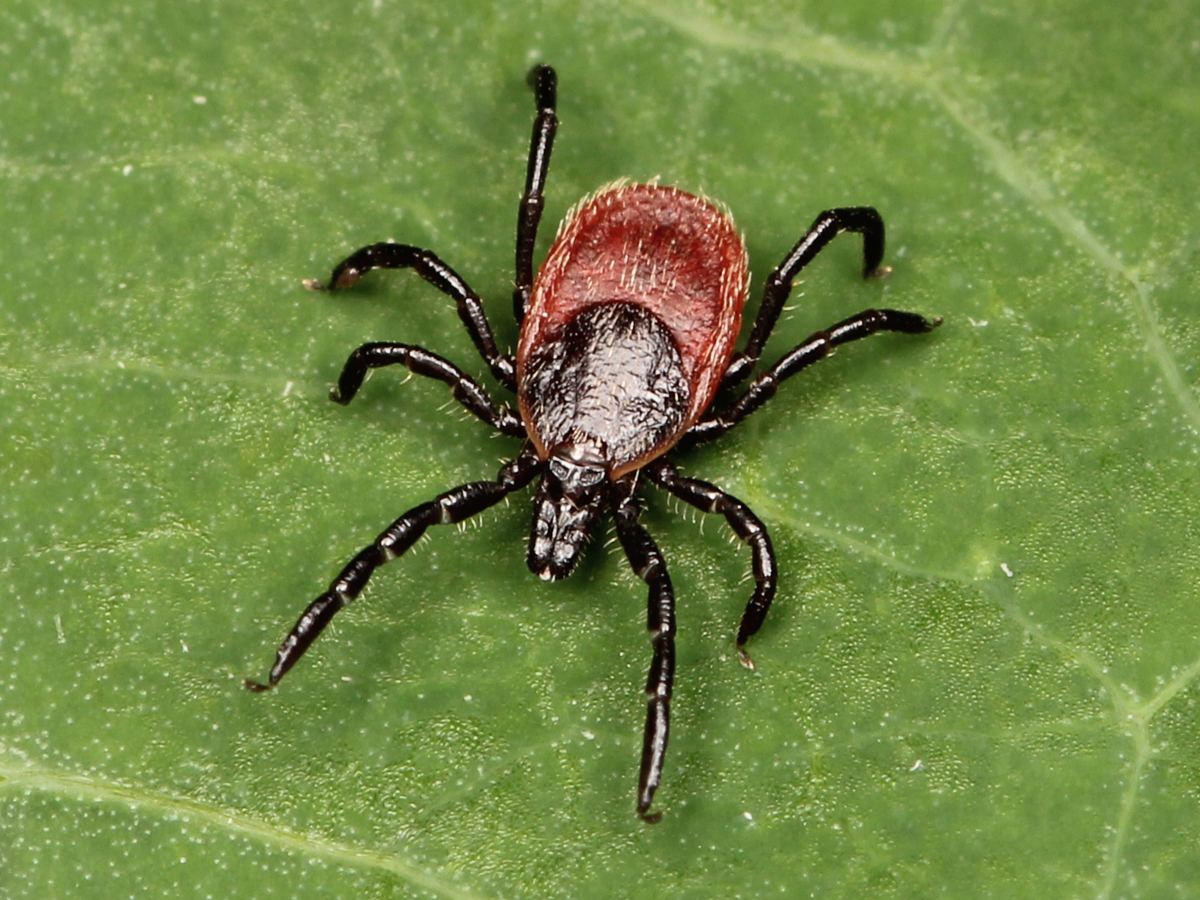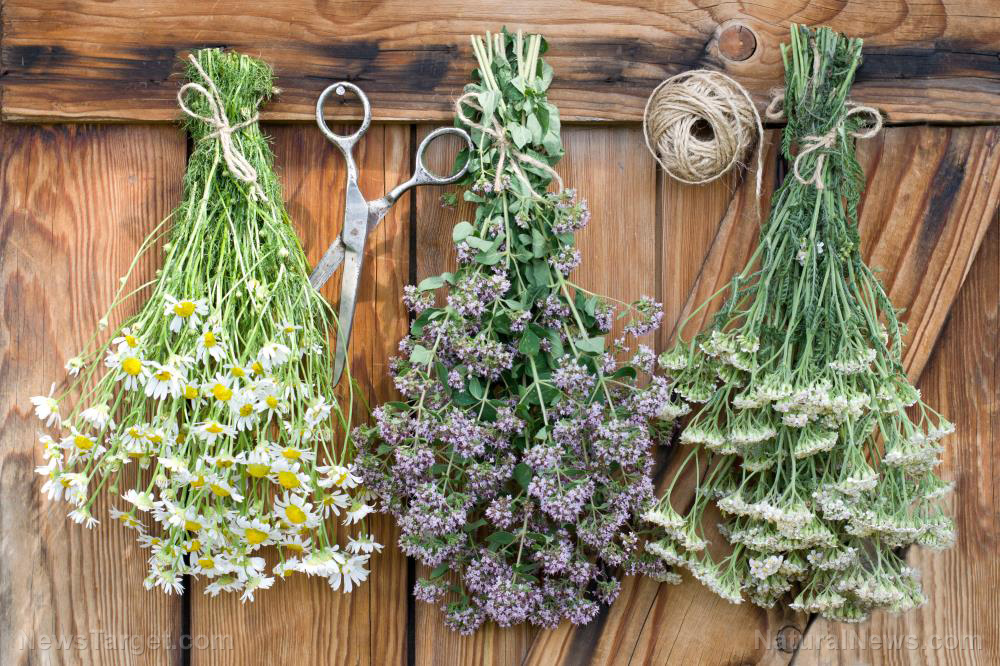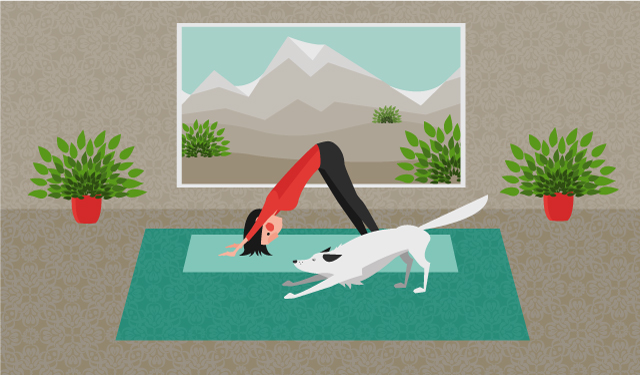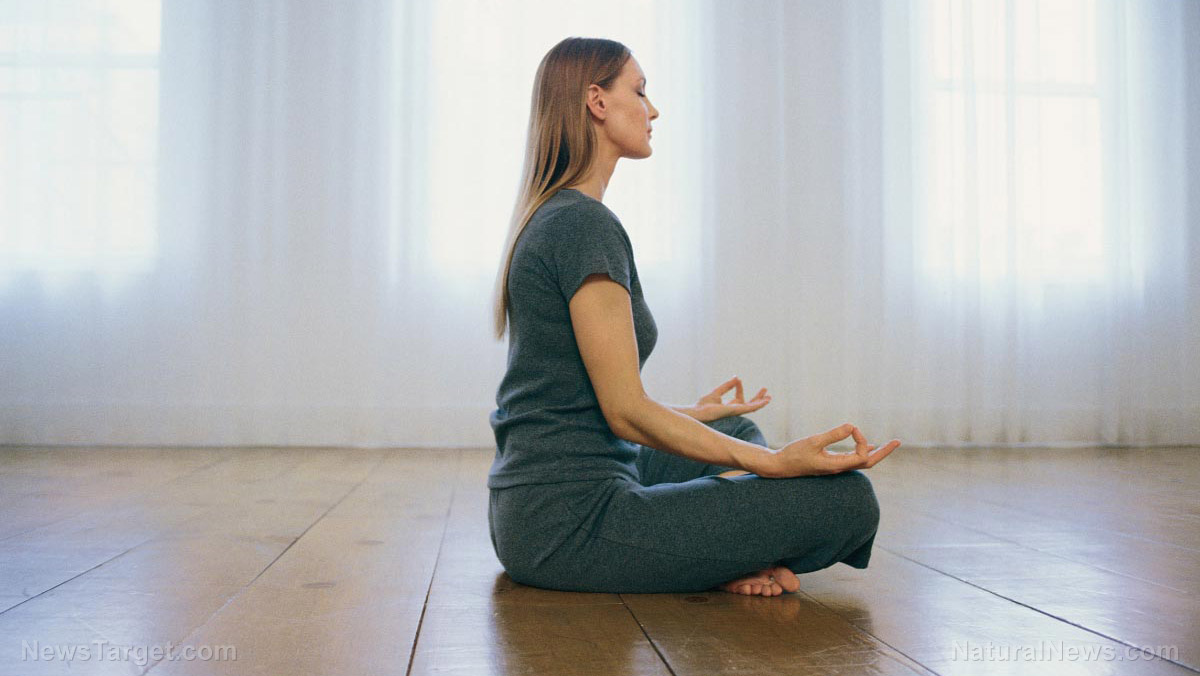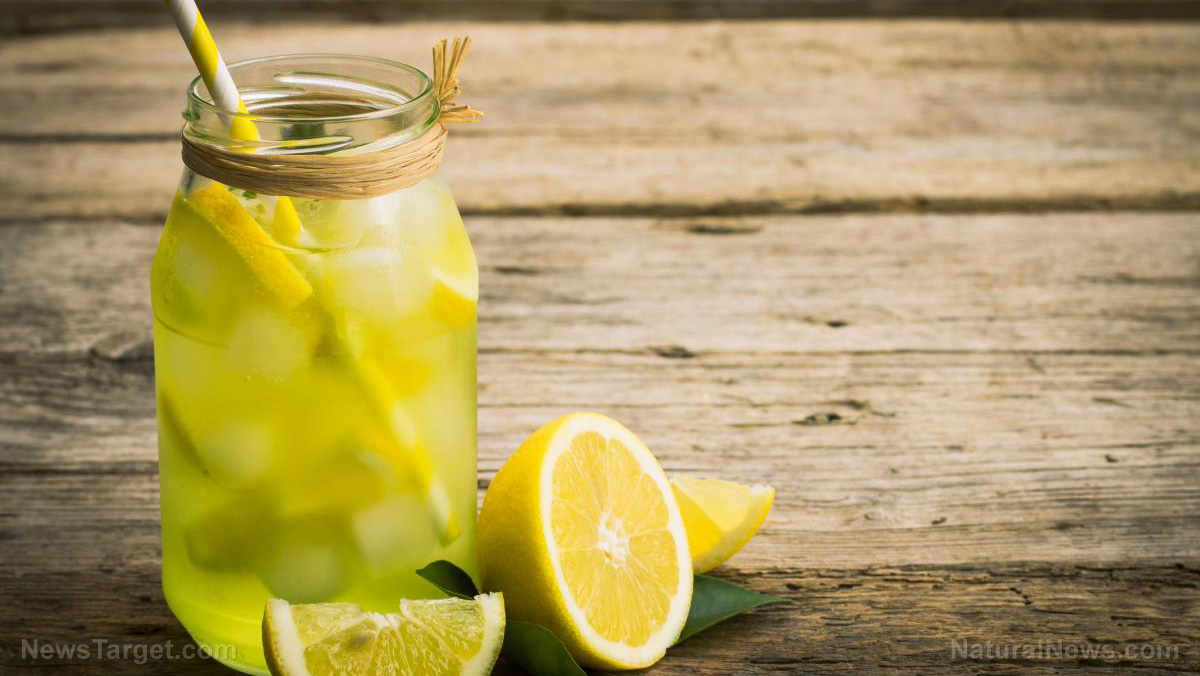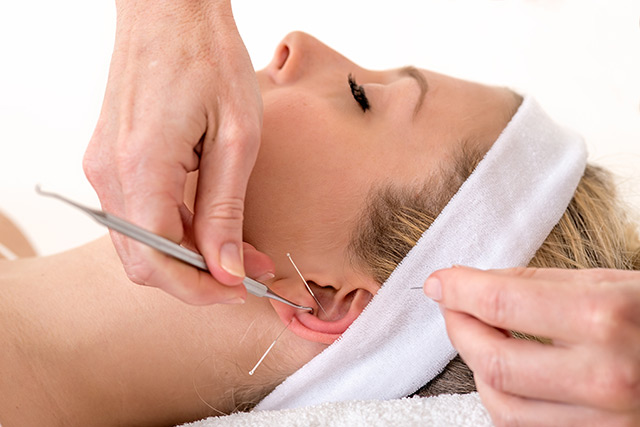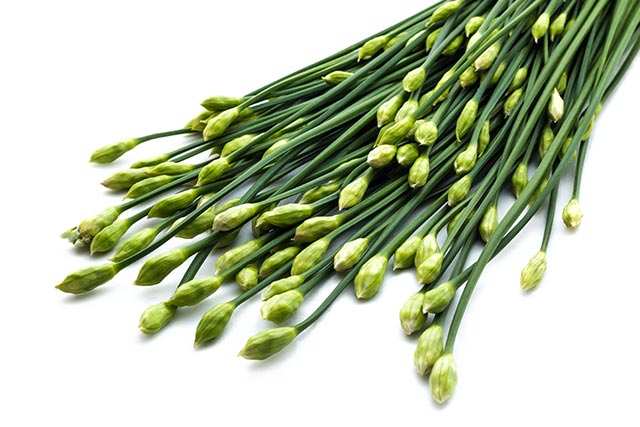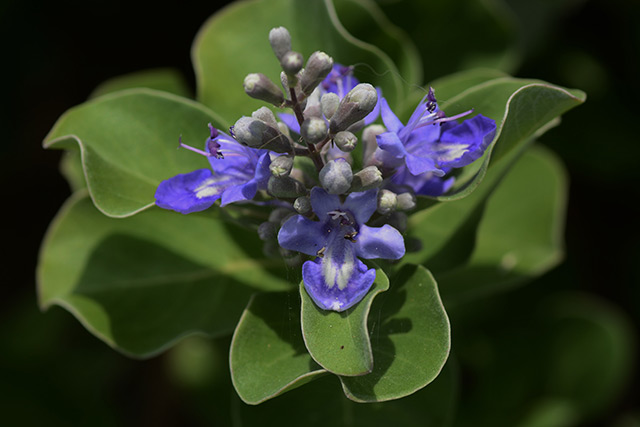Understanding baldness: Causes, types and potential home remedies
02/13/2018 / By Michelle Simmons

Baldness is not just simply losing hair. For men, it can cause distress. Those who try to cure their baldness are mocked for being vain, while those who are balding are made fun for being old and unattractive. Balding, for men, means losing their manliness. This can be likened to menopause which is often associated with loss of femininity for women. More than these, baldness can lead to a lot of psychological and emotional problems linked to self-confidence and self-esteem.
“I have seen many men who have become clinically depressed as a result of starting to lose their hair, and several have tried to kill themselves because it made them so low and desperate,” wrote Dr. Max Pemberton for Daily Mail Online.
The main risk factors of baldness are genetics and hormones. Other possible causes of baldness include aging, hormonal imbalance, injury or burns, scalp infections, such as ringworm, iron deficiency, insufficient protein content in diet, family history of baldness, medical conditions or diseases that cause hair loss, and medicines used in chemotherapy.
There are different types of baldness, depending on the causes and the age and gender of the person. The types of baldness include the following:
- Male pattern baldness – This type of baldness is hereditary and is seen in men. It can start with a bald spot or a reclining hairline.
- Female pattern baldness – This is seen in women and is also linked to the genes of the person, but it seldom leads to complete baldness.
- Alopecia areata – This causes bald spots which can also turn into alopecia totalis if all hair on the scalp is lost.
- Scarring alopecia – This occurs when the bald spots are caused by injury, burns, radiation, or diseases like skin infections.
- Toxic alopecia – Typically caused by severe illnesses, high fevers, or certain medications, this type of baldness is usually temporary.
Natural home remedies for baldness
Instead of suffering from the side effects of baldness or hair loss medications, try treating the condition with the natural home remedies listed below.
- Castor oil – This oil stimulates the roots of the hair as it improves the blood circulation throughout the scalp. Moreover, it nourishes the scalp with healthy fats and inhibits the occurrence of dandruff, which can help in hair growth.
- Coconut oil – With its nourishing fats and alpha-tocopherol, coconut oil keeps the scalp revitalized and hydrated. In turn, this aids in strengthening the hair follicles and encouraging hair growth. This oil is also packed with antioxidants which prevents scalp and hair fiber damage.
- Peppermint oil – Peppermint oil contains anti-inflammatory, antioxidant, and antibacterial properties that can stimulate the growth of thick and long hair.
- Pumpkin seed oil – This oil possesses carotenes, tocopherols, and other nutrients that reverse alopecia.
- Taramira oil – Also known as jamba oil in Hindi, this oil is rich in fatty acids and anti-inflammatory and antifungal properties that can prevent hair loss and baldness.
- Apple cider vinegar – It balances the pH of the scalp and eliminates microbes that may be preventing hair growth. It also stimulates circulation, which can aid in hair regrowth.
- Aloe vera – This can help improve hair growth, remove scalp dryness, and keep hair’s pH levels.
- Onion juice – Applying onion juice on bald spots enhances hair growth.
- Ginger – Ginger can stimulate circulation and renew hair follicles because of the bioactive compounds that it contains.
- Chinese herbs – Chinese herbs can also prevent hair loss as well as stimulate natural hair restoration. The most commonly prescribed Chinese herbs for baldness include Fo-ti, Reishi mushroom, ginkgo, drynaria, and Morus Albus.
Read more news stories and studies on other natural remedies at AlternativeMedicine.news.
Sources include:
Tagged Under: baldness, causes of baldness, hair loss, healthy aging, Herbs, male pattern baldness, natural medicine, remedies, types of baldness
RECENT NEWS & ARTICLES
COPYRIGHT © 2017 REMEDIES NEWS


